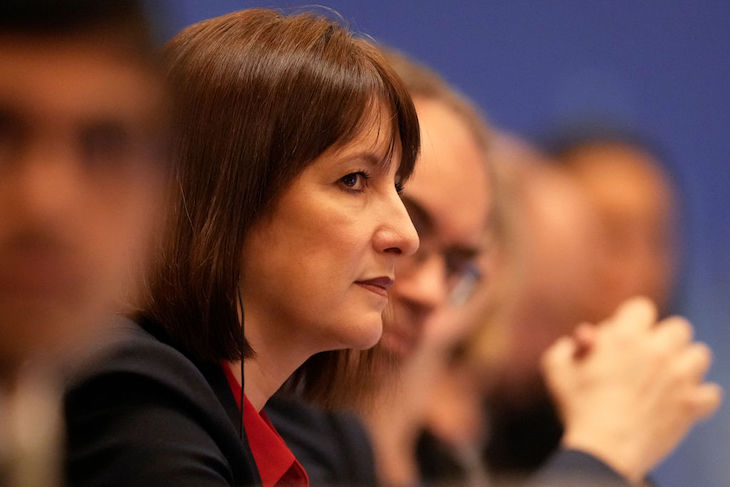Rachel Reeves is on her way back to the UK after a brief visit to China over the weekend. The Chancellor faced calls to cancel the trip, not over alleged human rights abuses by her hosts, but instead because of the state of the UK bond market. However, those around Reeves did not seriously consider cancelling her visit to China, taking the view that to call it off would have added to a sense of panic. After borrowing costs soared in the days before she departed, Reeves abruptly cancelling the trip would have likely drawn comparisons with 1976, when chancellor Denis Healey turned back at Heathrow, aborting a planned trip to Hong Kong as the pound plunged.
The China pivot is already a cause of internal angst in the Labour party
So, was it worth the trip? The government had been heralding agreements made in China to the tune of £600 million. However, after cost of borrowing over ten years hit its highest level since 2008, this is being criticised by opposition politicians as rather small fry. As I previously reported though, the effort to reset relations with China goes further than any one deal. Ultimately, Keir Starmer has made the calculation that closer relations with China will help the government achieve two of its key growth missions.
First, the Prime Minister hopes the UK can benefit from healthier economic growth if it gains closer access to Chinese markets. Second, Starmer hopes that closer ties with China could help him deliver clean power by 2030. China produces 86 per cent of the world’s solar panels, some of which have been linked to forced labour. When it comes to batteries, the rare-earth minerals that are needed come largely from African countries which Beijing has a grip on through its Belt and Road initiative.
However, the China pivot is already a cause of internal angst in the Labour party. Some Labour MPs have questioned how far Starmer and Reeves are willing to go in the face of security and human rights abuse concerns. There’s also the domestic angle. Sarah Champion, the Labour MP for Rotherham, asked on the platform X: ‘Why are we the only G7 country not putting tariffs on Chinese electric cars?’. Champion went on to argue that the Chinese electric cars are ‘killing our car production’ and known to have ‘capability for spyware’. The complaints are another sign of how tricky navigating the UK/China relationship will be. But as the economy deteriorates, Reeves’ desire to look abroad for growth is likely to only increase.
Listen to Coffee House Shots, The Spectator’s daily politics podcast:







Comments